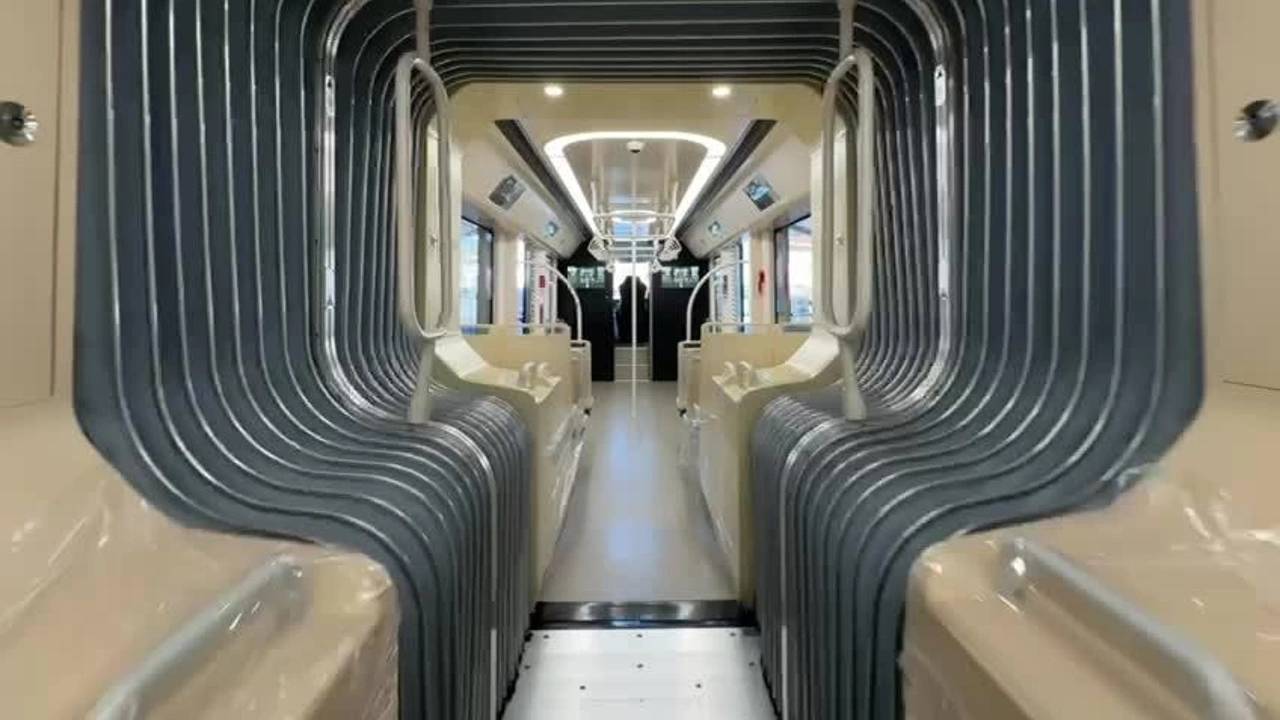Istanbul Metropolitan Municipality (IMM) started test drives of new metrobuses with 100 percent electric and autonomous driving technology as of April 1. These new metrobuses have 4 wagons, are 40 meters long, and have a capacity of 420 passengers. Here are the details…
IMM started electric autonomous metrobus tests for Istanbul!
Compared to their diesel predecessors, electric metrobuses provide 60 percent fuel savings and have the potential to save approximately 2.5 million liras per 100 thousand kilometers. In addition, these vehicles contribute to environmental protection by helping to prevent the emission of 300 tons of carbon dioxide per year.
IMM stated that this investment will make positive contributions to both the environment and the municipal budget. In addition, electric metrobuses aim to reduce noise pollution in the city with their silent operation features.
So is this tool needed?
The metrobus line in Istanbul carries approximately 1 million passengers a day on a 52-kilometer line extending from Beylikdüzü to Kadıköy. IMM is also testing electric metrobuses in order to relieve the congestion on the metrobus line and provide more sustainable transportation. Because both the carrying capacity is higher and the operating cost is much lower.
İETT General Manager İrfan Demet announced that the new electric metrobuses provide two-way driving and can travel 80 km with a full charge and 50 km with a 20-minute charge. He also stated that these vehicles have the capacity to carry 420 passengers, thus significantly increasing the passenger capacity.

Metro Istanbul General Manager Dr. Özgür Soy stated that they aim to transfer the rail system standards to the metrobus line with electric metrobuses. New generation metrobuses aim to contribute to preventing accidents and providing a safer transportation experience with autonomous driving features and various technological equipment.
Finally, let us state that the new electric metrobuses have a power capacity of 295 KW and include a series of technological equipment that offers wide and spacious transportation opportunities. But the test results will show how sufficient the range is for the metrobus.
Although it offers a range of 50 km in 20 minutes and 80 km when fully charged, as it charges very quickly, these vehicles loaded with maximum capacity in winter conditions can barely complete the 52 km line. Moreover, the decrease in battery life after a few years may cause these vehicles to remain on the road.
On the other hand, if it has a modular battery structure, there may be no need to think about this issue. Of course, IMM officials will take all these situations into consideration, carry out the necessary tests and then decide on the suitability of the vehicles for the line.
